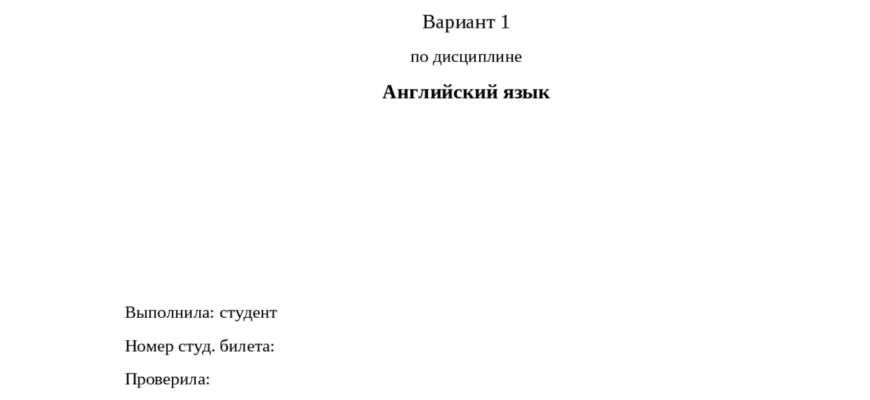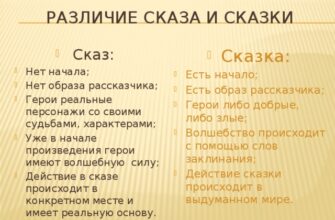I. Письменно переведите текст на русский язык.
Перевод статьи смотрите в разделе Право по ссылке — Criminal Proceeds and Cooperation with other Countries
Criminal Proceeds and Cooperation with other Countries
Russia has laws that allow for the confiscation of proceeds of drug trafficking, drug money laundering, and other offenses. Provisions also exist which enable for tracing, freezing, and seizing of these criminal proceeds. As long as a case of this nature is opened and goes to trial, legal provisions are available for seizure of criminally derived assets connected to the offense. Russian laws also permit banking authorities and offshore banking authorities to share information with law enforcement authorities. The Russian government may share account transaction and other customer information with foreign law enforcement authorities
Russia has signed and ratified the 1988 Vienna Convention. Russia became a member of the Council of Europe in 1996. Russia’s proposed anti-money laundering law is patterned after provisions in the Strasbourg Convention. Russia also recognizes all treaties and international conventions signed by the Soviet Union. This includes Mutual Legal Assistance Treaties (MLATs) signed with current and former socialist countries and members of the Commonwealth of Independent States.
Intergovernmental agreements which may be applicable to money laundering offenses have been signed with Greece, Cyprus, Italy, Finland, Sweden, and the United States. Russia has intergovernmental agreement proposals with Germany, Norway, Denmark, Spain, Portugal, and Hungary. Some of these intergovernmental agreements may be applicable for civil offenses only, and, when applicable for criminal purposes, the information exchanged is for operational purposes only.
There is no maximum limit on the import or export of monetary instruments. Reporting of these instruments takes place at the border if they are physically carried into the country. Under current Russian laws, monetary instruments used as a means of committing criminal activities or received as the proceeds of criminal acts can be seized and their existence reported to foreign authorities. No provisions exist for extradition in money laundering cases with other countries, since money laundering itself is not a crime.









